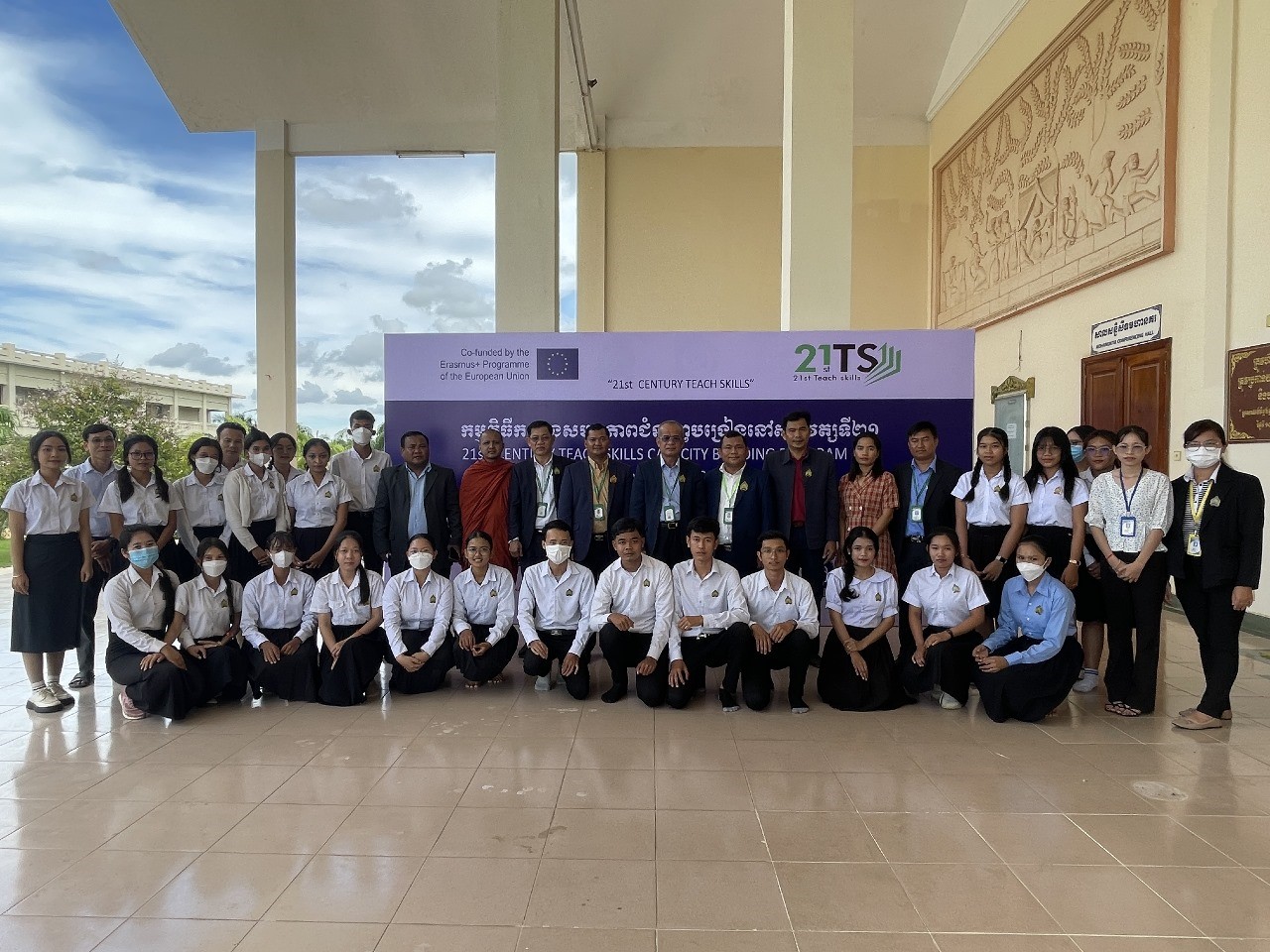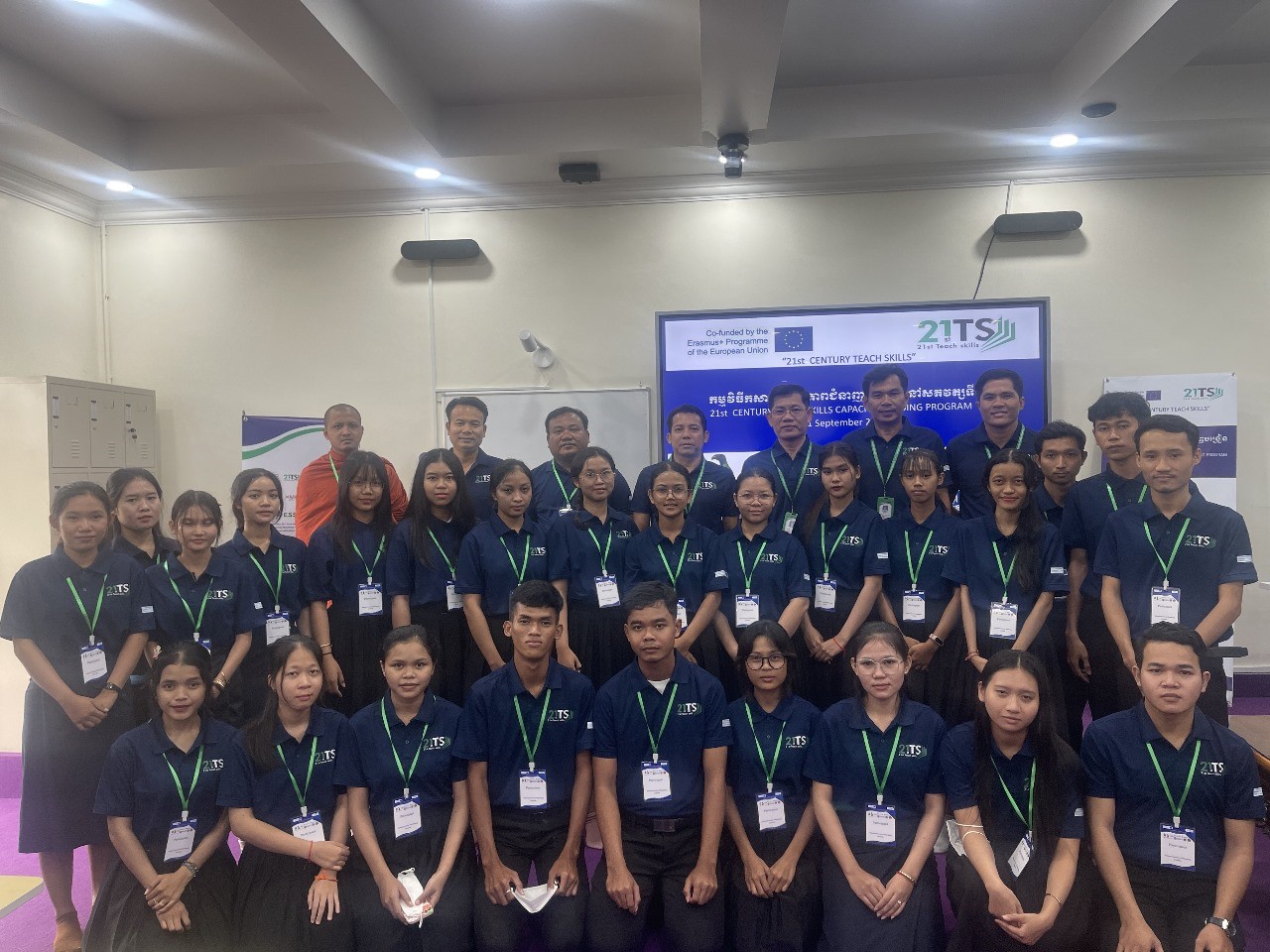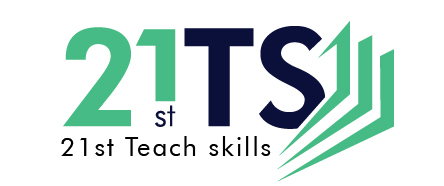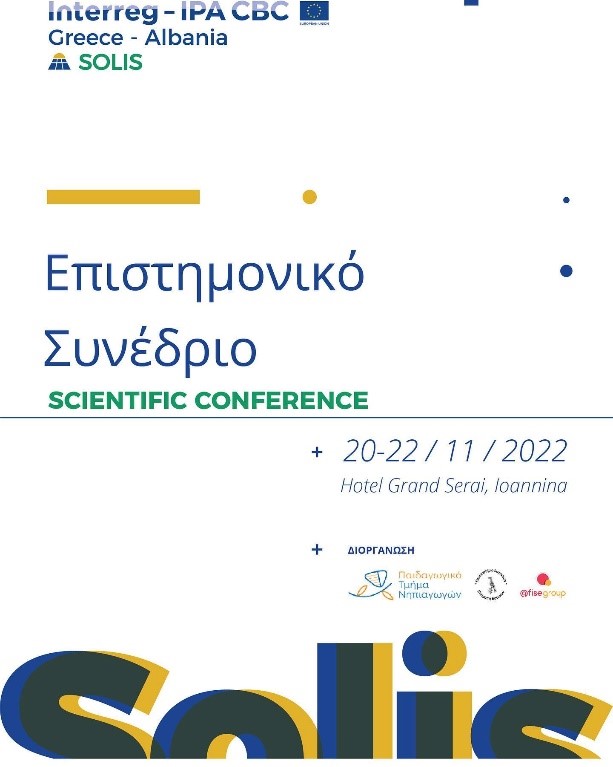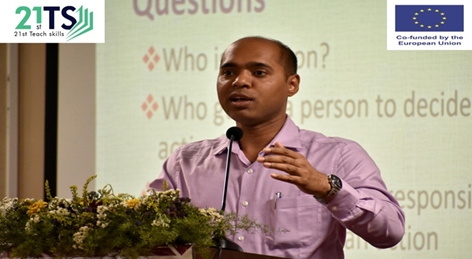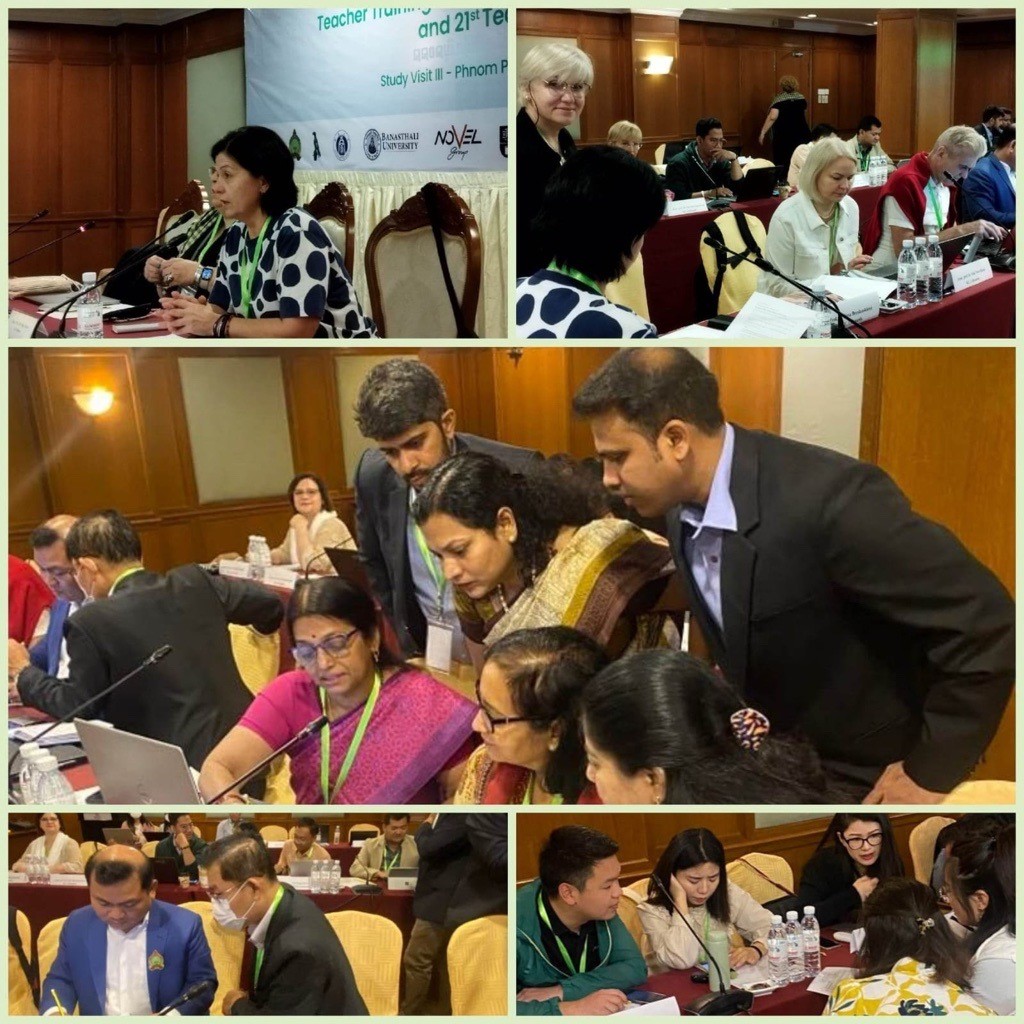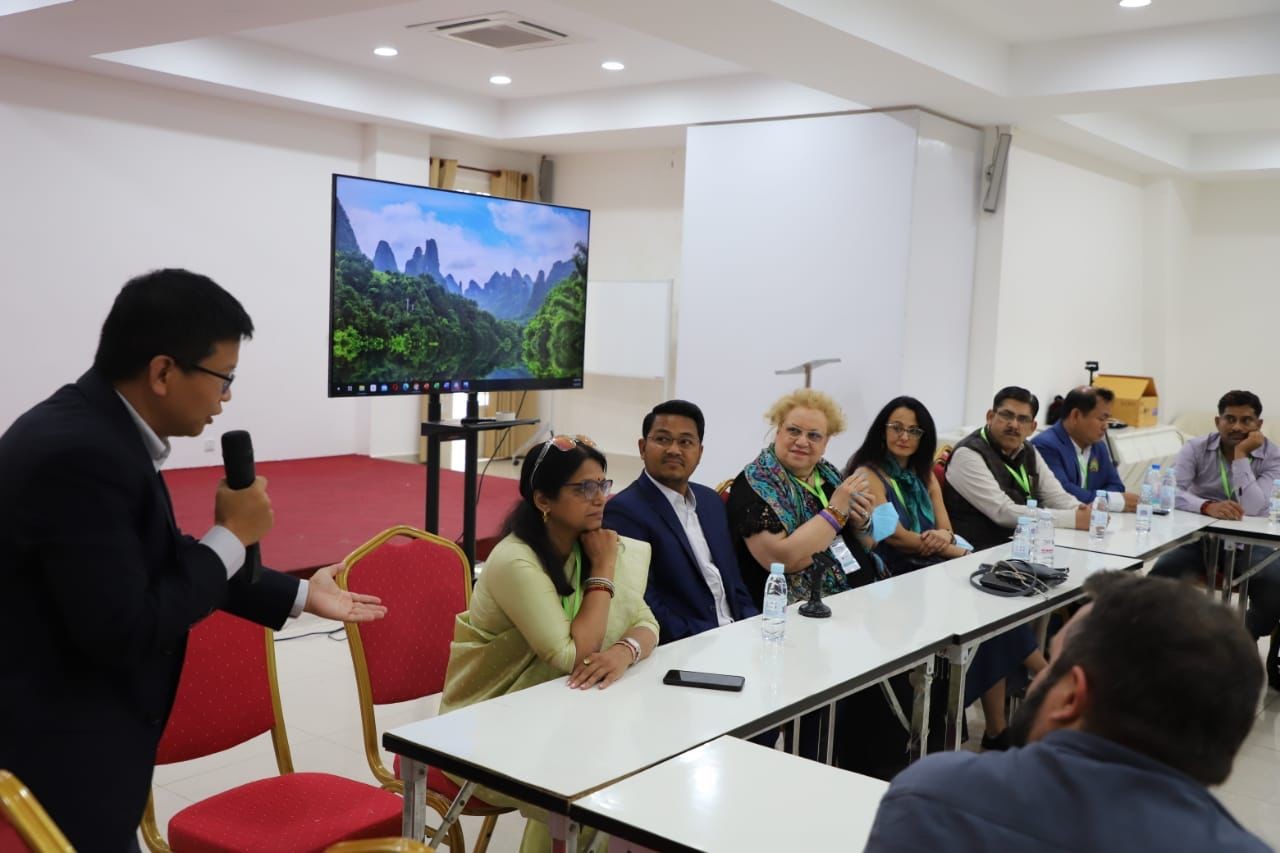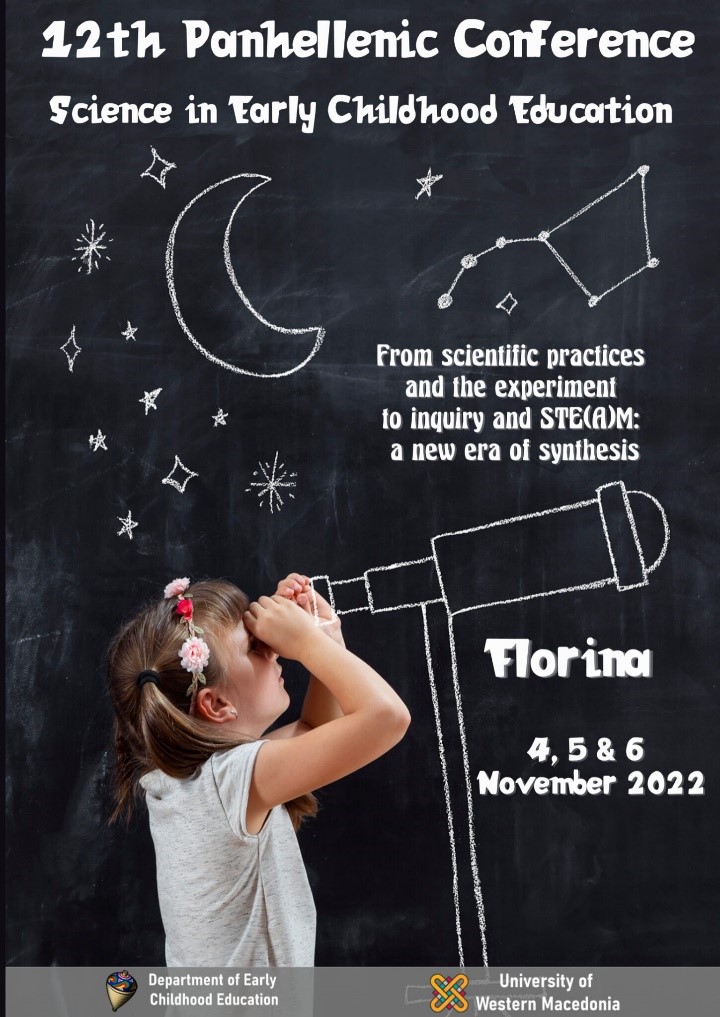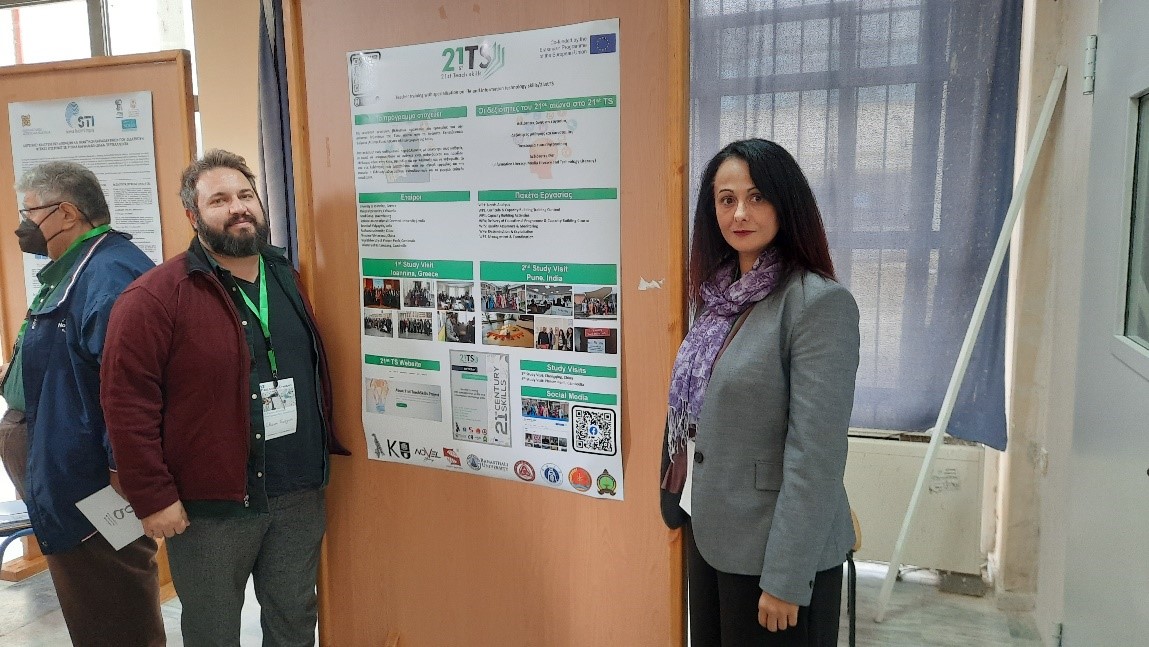- 21stteachskills
- Hits: 1403
National University of Battambang organizes a capacity-building workshop on 21st-century teaching skills

The Faculty of Arts, Humanities, and Education of the National University of Battambang has organized a 21st Century Teaching Skills Training Program in the 21st Teach Skills Teacher Training Program, which was co-sponsored by the European Union from September 19 to 21, 2023, at the National University of Battambang. The workshop was attended by 40 leaders, faculty members, academic staff, and students. This program aims to train and share pedagogical knowledge with participants on two modules and five main sub-topics, including:
- Student-centered learning in higher education.
- Innovative teaching methods. digital tools and their application possibilities.
- Assessment of achievements in higher education.
- Development of critical and reflective thinking skills, and designing the study subject.
- Creativity in higher education: environment, teaching and learning.

Speaking at the opening ceremony of the capacity building workshop, H.E. SOK Khorn, Rector of the National University of Battambang, said: "This training has contributed to strengthening the teaching capacity of teachers and helping improve the quality of education for students. According to the 10-year strategy of the National University of Battambang and the Pentagon strategy of the Royal Government of Cambodia in the 7th legislature of the National Assembly”, In addition, he stressed that the education program of the National University of Battambang in all disciplines incorporates 21st century skills, including communication, collaboration, creativity, and critical thinking, in response to higher education reform of the Ministry of Education, Youth, and Sports and the sub-decree on the Cambodian National Qualifications Framework. The university has been preparing digital contents of some courses into the Moodle as NUBB’s learning management system to implement the Sub-Decree on the Establishment of the Cyber University Network of Cambodia. You may find his speech, in our YouTube channel.

During this training, the National University of Battambang organized a "Networking Event" that attended by 60 participants who were educational partners, leaders, academic staff and students of the National University of Battambang in order to promote the progress of the project and share its knowledge and experiences related to curriculum development and teaching pedagogy in the 21st century.
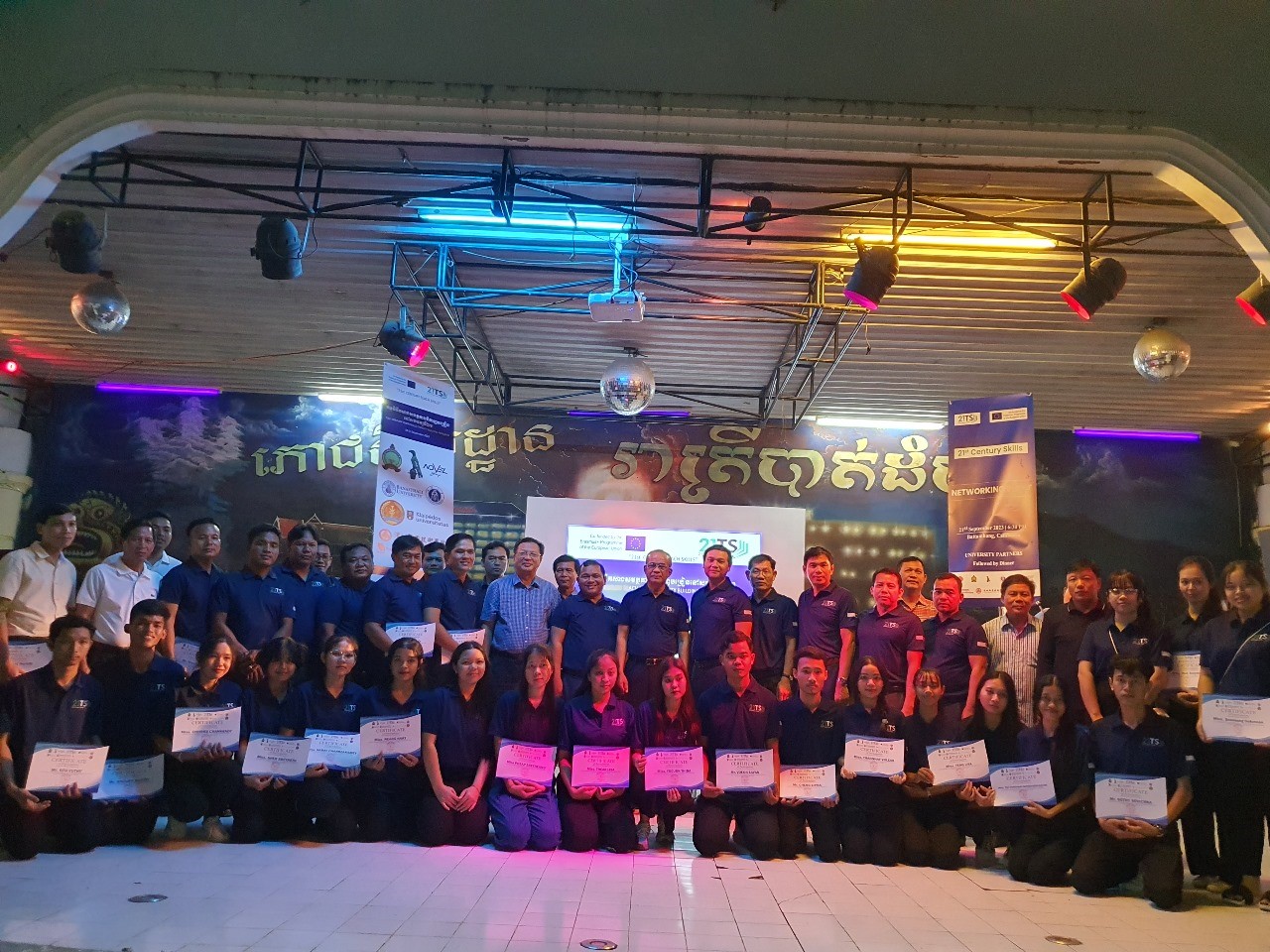
It should also be noted that this 21st Century Teaching Skills Project has six main objectives, including:
- Improve the quality of higher education and lifelong learning
- Promote relevant education for the job market
- Improve the level of ability and skills in higher education institutions
- Promote the capacity for innovation and internationalization in higher education institutions
- Promote cooperation with European universities to develop curricula in higher education
- Promote interpersonal relationships and understanding of intercultural
The project is part of a collaborative project for innovation and capacity building in higher education, funded by the European Union with six partners from European and Asian universities, including Greece (University of Ioannina), Lithuania (Klaipeda University), Luxemburg (Novel Group), India (Symbiosis International University and Banasthali Vidyapith), China (Southwest University and Shenzhen Polytechnic) and Cambodia (Royal University of Phnom Penh)
